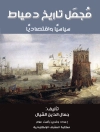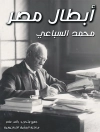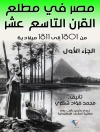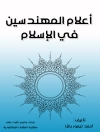This book traces how iconic writers – including Arthur Conan Doyle, J.M. Barrie, Rudyard Kipling, Virginia Woolf, Wilfred Owen, and Aldous Huxley – shaped their response to the loss of loved ones in the First World War through their embrace of mysticism.
Spis treści
Preface Introduction: Attachment, Mourning and Mysticism 1. F. W. H. Myers: Loss and the Obsessive Study of Survival 2. Spirit Soldiers: Oliver Lodge’s Raymond and Christopher 3. From Parodist to Proselytizer: Arthur Conan Doyle’s 'Vital Message’ 4. Well-Remembered Voices: Mourning and Spirit Communication in Barrie and Kipling’s First World War Narratives 5. 'Mourning, the War, and the 'New Mysticism’ in May Sinclair and Virginia Woolf’ 6. 'Purgatorial Passions’: 'The ghost’ (a.k.a. Wilfred Owen) in Owen’s poetry 7. ”Misty-schism’: the Psychological Roots of Aldous Huxley’s Mystical Modernism’ 8. After-life/After-word: the Culture of Mourning and Mysticism Bibliography Index
O autorze
George M. Johnson is Professor and Chair of the English Department at Thompson Rivers University in Kamloops, British Columbia, Canada. His publications include Dynamic Psychology in Modernist British Fiction, J.D. Beresford, and an award-winning comic play, Still Life With Nudes. His screenplay The Wonder was a finalist in the British Independent Film Festival.












